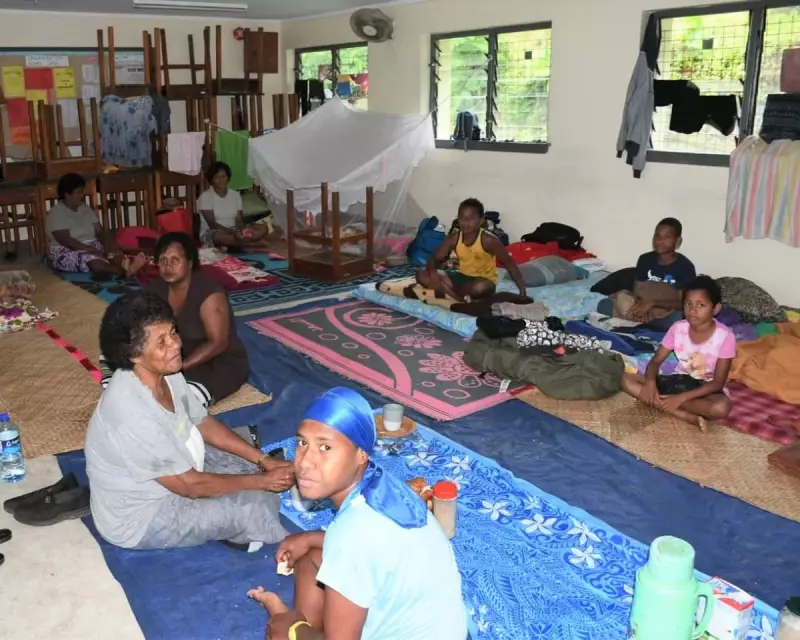
Across Britain, a silent epidemic is spreading far beyond the physical damage of flooded homes and scorched earth. It's the psychological toll of climate breakdown—a creeping sense of dread that specialists now term 'eco-anxiety'.
The Human Cost of a Changing Climate
When Storm Debi ravaged Greater Manchester, it wasn't just properties that were damaged. For residents like those in Whitefield, the aftermath left deep psychological scars. The constant fear of recurring floods has created a state of perpetual alertness, with many suffering sleep deprivation and heightened stress levels.
Clinical psychologists report a surge in patients presenting with climate-related distress. Symptoms range from panic attacks triggered by weather warnings to overwhelming grief about ecological loss.
Who Bears the Brunt?
Research indicates that frontline communities—those experiencing direct climate impacts—are most vulnerable. But eco-anxiety doesn't discriminate by postcode. Even those yet to experience direct effects report significant distress about the planet's future.
Vulnerable groups include:
- Children and young people facing an uncertain future
- Emergency workers repeatedly responding to climate disasters
- Elderly residents with limited mobility during extreme weather
- Farmers watching their livelihoods literally dry up
From Anxiety to Action
Mental health professionals are developing new frameworks to address this emerging crisis. The approach isn't about pathologising legitimate concerns, but helping people channel distress into constructive action.
Community response groups have become unexpected support networks. In climate-vulnerable areas, neighbours checking on each other during extreme weather has built resilience that benefits mental wellbeing.
A Systemic Challenge Requiring Systemic Solutions
Experts argue that addressing eco-anxiety requires more than individual coping strategies. It demands government recognition of climate change's mental health impacts and integration of psychological support into climate adaptation policies.
As one climate psychologist noted, "We're treating the symptoms while the cause continues unabated. Real healing requires addressing the root problem through urgent climate action."
The conversation has begun, but for those living with daily climate fear, solutions can't come soon enough.





